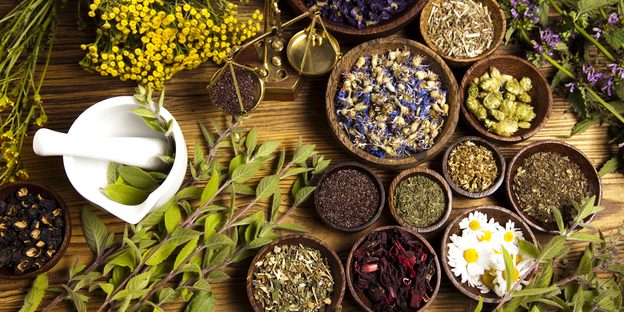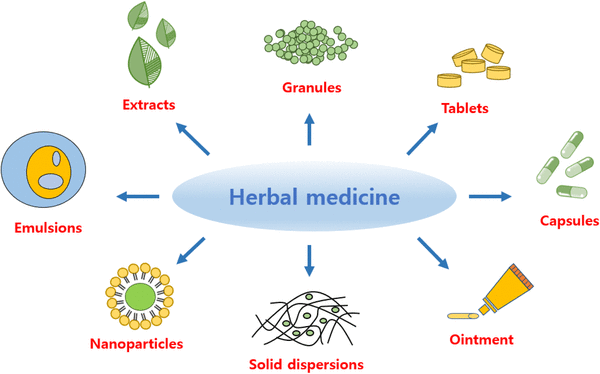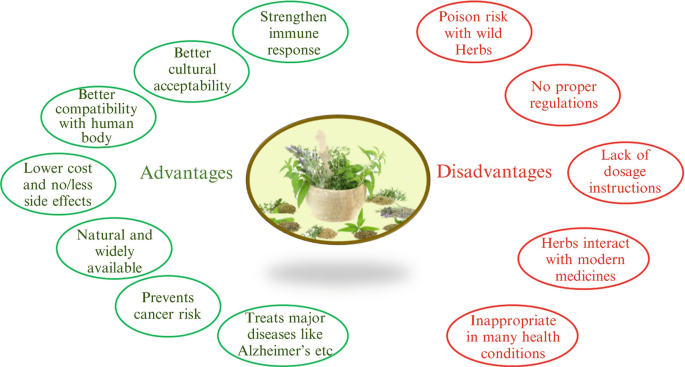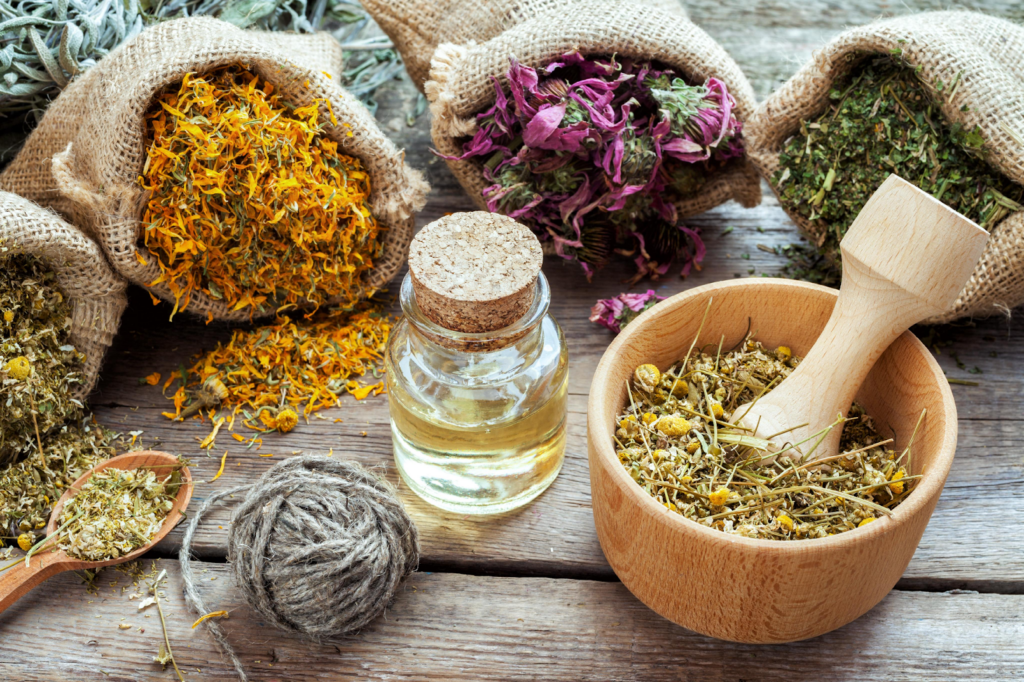
Have you ever wondered how people cared for their health before modern medicine? Herbal medicine has been there throughout history and has provided us with some of the oldest forms of healing. These natural remedies are not just fairy tales; they form part of holistic health practices around the globe. Let’s take a look into what herbal medicine is all about and how these plants can support your health.
How does the herbal medicine method work?
The herbal medicine method works by using plant-based remedies to prevent and treat illnesses, focusing on natural healing processes. It involves using herbs to restore balance and enhance the body’s ability to heal itself.
Herbal medicine makes use of plants’ extracts, roots, leaves, flowers in helping health issues, focusing on the natural healing. Practitioners select herbs based on their active compounds and their therapeutic effects, such as anti-inflammatory, antimicrobial, or soothing properties.
The technique supports the body’s self-healing potential to rebalance by dealing with the cause of the issue, not just the symptoms. Herbal medicine enhances bodily functions toward health and wellness through the synergistic action of different compounds found in plants to achieve optimal wellness.
What are common techniques used in herbal medicine?
The common techniques used in herbal medicine include herbs decoction, infusion, tincture, and poultice, each tailored to extract specific plant compounds for therapeutic use. These methods aim to maximize the medicinal benefits of herbs.
These techniques in herbal medicine are used according to the desired effects and parts of the plant. The decoctions cook tougher plant parts, usually roots, to extract active compounds; the infusions steep leaves or flowers in hot water. Tinctures preserve the potency of herbs in an alcohol-based extract; poultices entail applying mashed herbs directly to the skin for localized healing, and so forth.
Still, with each technique, there is some kind of malady targeted to optimize the delivery of active ingredients. These methods ensure that the therapeutic properties of herbs are effectively harnessed to provide natural remedies to almost all human health issues.

How is herbal medicine different from conventional medicine?
Herbal medicine differs from conventional medicine by using natural plant remedies, focusing on holistic healing and prevention. It emphasizes treating root causes rather than symptoms, contrasting with pharmaceuticals’ focus on symptom relief.
It is focused on the holistic approach of restoring balance and supporting the natural defenses of the body. In herbal medicine, whole plants or extracts are used in synergistic balance for compounds to effectively work in healing. Conventional medicine mostly relies on synthesized drugs that target specific symptoms or diseases.
Though conventional treatments might at times give quick relief, herbal medicine confers long-lasting wellness through natural prevention and balance. This approach motivates the understanding of body interrelations of systems, hence giving a wider dimension to health that incorporates lifestyle, environment, and nutrition.
What are the benefits of using herbal medicine?
The benefits of herbal medicine include promoting holistic health, reducing side effects, and offering natural alternatives for prevention and treatment. It supports the body’s natural healing processes and can be used alongside conventional therapies.
It is absolutely a natural approach to health, with the emphasis laid on prevention and balance. Side effects are few because plant compounds are used in their natural form and hence tend to have milder effects on the body. Herbs complement conventional treatments by providing overall wellness and getting to the roots of the illness.
Hence, it may be tailored to individual needs, allowing for personal care and hence long-term health. The emphasis of herbal medicine on natural ingredients gives people control over their health through viable and holistic solutions that keep pace with the body’s self-healing abilities.

Are there risks associated with herbal medicine?
Risks associated with herbal medicine include potential side effects, interactions with medications, and variability in potency. Proper consultation with a qualified practitioner is essential to ensure safe and effective use.
Even though herbal medicine is relatively safe, its improper use may result in side effects or drug interactions. Some herbs are known to cause allergies and really worsen health conditions. Preparations of herbs have varying potencies based on the way they are prepared and by the quality of plants.
Consulting a qualified herbalist or a health care professional will ensure proper dosage and can be combined with other treatments. Awareness and education regarding the potential risk factors are very highly in maximizing the benefits of herbal medicine while minimizing harm. Proper guidance makes the treatment of herb medication individualized to bring forth safe and effective healing practices.
How are herbs prepared for medicinal use?
Herbs are prepared for medicinal use through techniques like drying, extracting, and blending, ensuring their active compounds are preserved and effective. These preparations can be consumed as teas, capsules, tinctures, or topical applications.
Herb preparations include methods of preserving the herb’s medicinal properties. This incribes the drying of herbs, inhibiting spoilage while preserving active compounds. Extraction concentrates these compounds for potent remedies through tinctures and essential oils. Herbal blending gives room for synergistic effects, which help to improve their therapeutic effect.
The prepared herbs may be given in the form of teas, capsules, or topical treatments depending on the patient’s health problems. Proper preparation ensures that those are beneficial properties for access and effectiveness in therapeutic use, therefore allowing a natural alternative to conventional medications.

What is the historical significance of herbal medicine?
Herbal medicine has a rich historical significance, used for centuries across cultures for healing and wellness. It forms the basis of many traditional medicine systems and continues to influence modern holistic health practices.
Herbal medicine has played an integral role in human health for thousands of years, representing the foundation for these traditional systems of Ayurveda and Traditional Chinese Medicine. Ancient texts and archaeological remains show that herbs were greatly used during ancient times as a means of healing.
The use is deeply related to cultural and spiritual expressions wherein herbal remedies would often be the primary mode of health care, passing down generations. At present, herbal medicine can also influence modern practices by inspiring the development of pharmaceuticals and fostering a holistic view of health. Its historical roots underline its lasting relevance to natural remedies in terms of well-being and addressing health challenges.
Are you ready to tap into the healing power of nature?
Start exploring today’s vibrant world of herbs and see how they can improve your health. Remember that an informed approach together with consultation with healthcare providers will make sure that one’s journey through this form of treatment is safe and beneficial. Let curiosity about life guide us towards better health as we probe into its mysteries.
